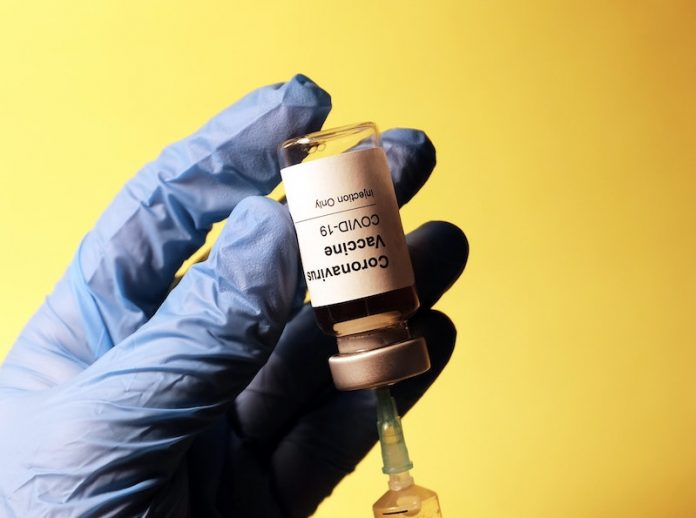
New variants of the COVID-19 virus have arisen throughout the world, including variants that might possess an increased ability to spread or evade the immune system.
Such variants have been identified in California, Denmark, the U.K., South Africa and Brazil/Japan.
In a new study, researchers found that the neutralizing antibodies induced by the Pfizer and Moderna COVID-19 vaccines were much less effective against the variants first described in Brazil/Japan and South Africa.
The research was conducted by a team at MIT and Harvard and Massachusetts General Hospital.
In the study, the team tested these new strains against vaccine-induced neutralizing antibodies, and they found that the three new strains first described in South Africa were 20-40 times more resistant to neutralization.
The two strains first described in Brazil and Japan were five to seven times more resistant, compared to the original SARS-CoV-2 virus.
Neutralizing antibodies work by binding tightly to the virus and blocking it from entering cells, thus preventing infection.
Like a key in a lock, this binding only happens when the antibody’s shape and the virus’s shape are perfectly matched to each other.
If the shape of the virus changes where the antibody attaches to it—in this case, in SARS-CoV-2’s spike protein—then the antibody may no longer be able to recognize and neutralize the virus as well.
The virus would then be described as resistant to neutralization.
In the study, the team found that mutations in a specific part of the spike protein called the receptor-binding domain were more likely to help the virus resist the neutralizing antibodies.
Currently, all approved COVID-19 vaccines work by teaching the body to produce an immune response, including antibodies, against the SARS-CoV-2 spike protein.
While the ability of these variants to resist neutralizing antibodies is concerning, it doesn’t mean the vaccines won’t be effective.
The team says the body has other methods of immune protection besides antibodies.
The findings don’t necessarily mean that vaccines won’t prevent COVID, only that the antibody portion of the immune response may have trouble recognizing some of these new variants.
One author of the study is Alejandro Balazs, Ph.D.
The study is published in Cell.
Copyright © 2021 Knowridge Science Report. All rights reserved.



